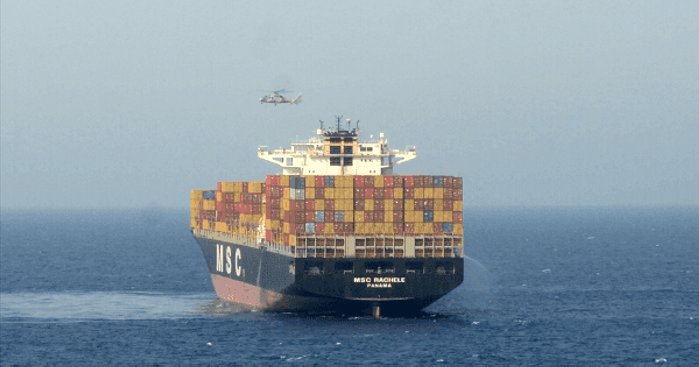With 531 votes in favour, 69 against and 17 abstentions, the European Parliament passed the "Stop the clock" proposal on 3 April 2025, as part of the broader Omnibus I regulatory simplification package. The measure significantly alters the implementation timeline of two key directives underpinning Europe’s sustainable transition: the Corporate Sustainability Reporting Directive (Csrd) and the Corporate Sustainability Due Diligence Directive (Csddd). The goal is twofold: to enhance the economic competitiveness of European businesses in a period of uncertainty, and to ensure a more gradual and realistic transition towards the environmental and social goals of the Green Deal.
The Csrd, which expands obligations for environmental, social and governance reporting, was initially expected to apply to around 50,000 companies across Europe from the outset. With the revisions introduced through the Omnibus package, the scope has been narrowed. The new provisions will first apply to firms with over one thousand employees. Large companies, defined as those with more than 250 staff, will be required to publish sustainability data starting in 2028, covering the 2027 financial year. Listed small and medium-sized enterprises will begin reporting in 2029, based on data from 2028.
Simultaneously, the other pillar of corporate sustainability, due diligence across the value chain, will also be postponed. The Corporate Sustainability Due Diligence Directive, designed to prevent and mitigate the negative impacts of business activities on human rights and the environment, will now allow member states until 26 July 2027 to transpose the directive into national law, pushing back the original deadline by one year. Affected companies will be brought in gradually: from July 2028, it will apply to both European and non-European firms with at least 5,000 employees and revenues exceeding 1.5 billion euros. From July 2029, it will extend to those with over 3,000 employees and revenues above 900 million euros. Full application of the regime to all subject companies will begin on 1 January 2030.
Alongside the deadline extensions, the package introduces several simplifications. Due diligence audits will no longer be required annually, but instead every five years. Companies will also be expected to focus only on direct commercial suppliers, avoiding disproportionate burdens linked to mapping entire supply chains. For small and medium-sized enterprises, specific limitations are foreseen to further reduce the impact of the new rules.
The “Stop the clock” proposal now awaits only formal approval from the Council of the European Union, which already expressed a favourable opinion on 26 March. Once published in the Official Journal, it will enter into force with binding effect, allowing member states until 31 December 2025 to align their national legislation.
However, the Omnibus package is not limited to rescheduling. It also opens up a broader reflection on the coherence and effectiveness of the European regulatory framework on sustainability. A second directive, soon to be discussed by the European Parliament’s Legal Affairs Committee, aims to unify and harmonise the currently fragmented regulations of the Csrd, the Taxonomy and the Csddd.
For the transport and logistics sector, among the most deeply involved in decarbonisation efforts and shifts in production models, the new timelines represent a significant opportunity. The delay allows companies to better prepare by investing in data collection tools, staff training and process adjustments, without the pressure of imminent deadlines. But it is crucial not to interpret this postponement as a weakening of ambitions: the direction of travel remains unchanged, and the extra time must be used to strengthen sustainability strategies that are serious, credible and aligned with the expectations of both the market and institutions.





































































